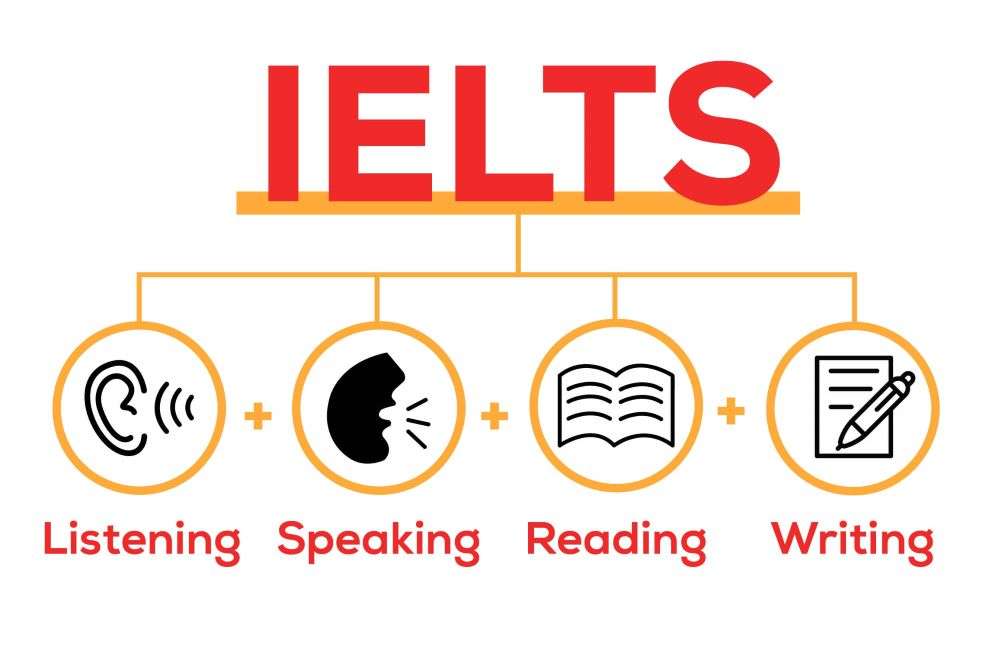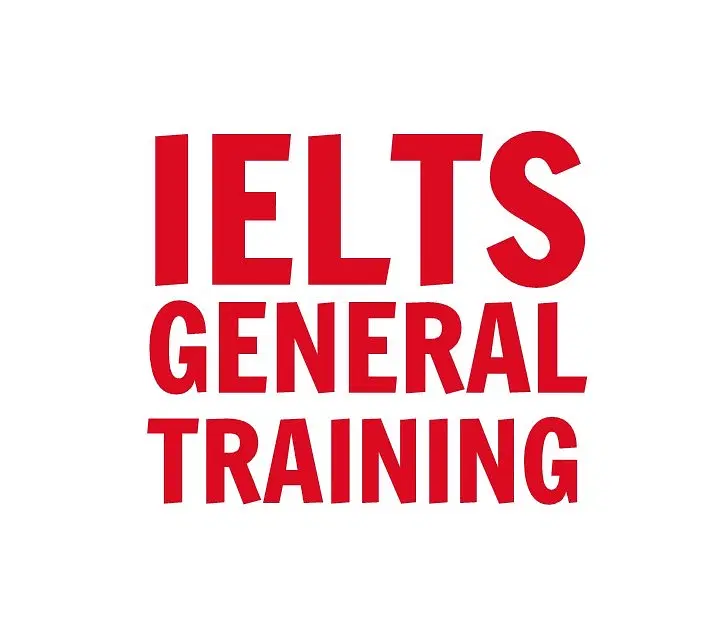
what is IELTS?
The IELTS (International English Language Testing System) is commonly required for UK visa applications, especially for certain visa categories. Here are the main scenarios where IELTS might be required for a UK visa:
Student Visa (Tier 4):
– If you are applying for a UK Student Visa (Tier 4), you may be required to provide proof of your English language proficiency. IELTS is one of the accepted tests for this purpose.
Skilled Worker Visa (formerly Tier 2 General):
– Some categories of the Skilled Worker Visa may require proof of English language proficiency, and IELTS is commonly accepted.
Innovator Visa and Start-up Visa:
– These visas may also require proof of English language proficiency, and IELTS is often accepted.
Spouse or Partner Visa:
– While not always required, some applicants for Spouse or Partner Visas might need to demonstrate their English language abilities, and IELTS is an accepted test.
Family Visa (e.g., Parent of a Child at School):
– In some cases, family visa applicants may need to provide evidence of English language proficiency, and IELTS is a recognized option.

It’s important to check the specific requirements of the visa category you are applying for, as the necessity of providing an English language test score can vary. Additionally, the required IELTS band score may differ depending on the visa category. Always refer to the official guidance from the UK government or consult with the visa application center for the most accurate and up-to-date information.
IELTS (International English Language Testing System) offers two main types of tests, each designed for different purposes:
IELTS Academic:
Purpose:
This version of the test is primarily for individuals applying for higher education or professional registration in an English-speaking academic setting.
Content:
The Academic module includes topics and tasks relevant to academic contexts. For example, it assesses your ability to understand and respond to academic texts, describe and analyze graphical information, and express ideas in a formal, academic manner.
Who Takes It:
Students planning to study at a university or institution where English is the language of instruction typically take the IELTS Academic test.
IELTS General Training:
Purpose:
The General Training version is usually taken for immigration purposes or for those seeking work experience or training programs in an English-speaking environment.
Content:
The General Training module assesses your ability to handle basic communication in a variety of social and workplace contexts. It includes tasks such as letter writing and responding to everyday situations.
Who Takes It:
Individuals applying for migration to English-speaking countries, those applying for secondary education or training programs, and candidates seeking work experience or professional registration often take the IELTS General Training test.
Both types of IELTS tests consist of four sections: Listening, Reading, Writing, and Speaking. The Listening and Speaking sections are the same for both types, while the Reading and Writing sections differ based on the purpose of the test. It’s essential to determine which type of IELTS test is suitable for your specific goals before registering.
